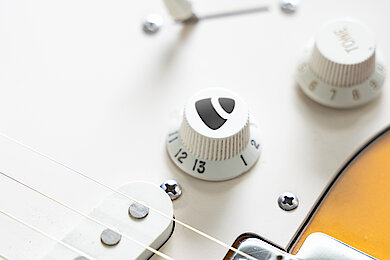Coffee houses and karaoke
Traditionally, we +Pluswerkers start our time in Vienna with a tour of the traditional coffee houses, as you can clearly see in the picture. There we fortified ourselves for our participation in Austria's largest TYPO3 Barcamp as sponsors, speakers and stand operators. Whether it was PowerPoint karaoke, speed dating or a real Wiener Schnitzel - knowledge, ideas and people came together at TYPO3camp Vienna.
As in previous years, the location in the venerable halls of the University of Vienna was a real highlight. In the middle of the first district, in a building from the 19th century with marble floors, high ceilings and functioning WLAN. No comparison to typical exhibition halls or congress centers, but an event location with soul and history.
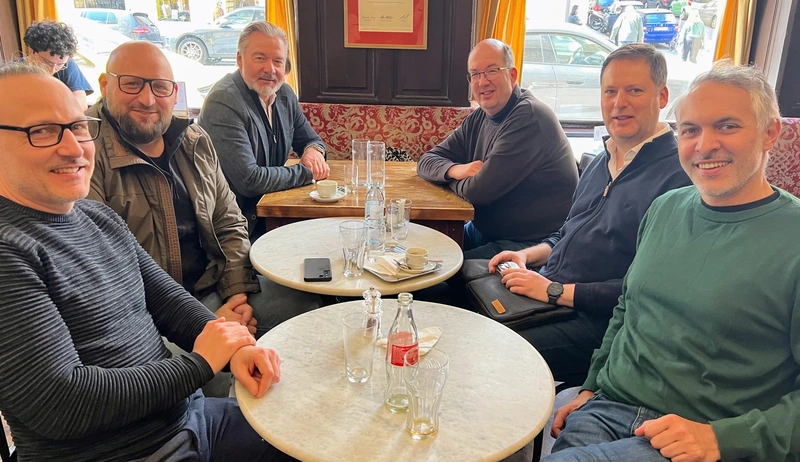
+Pluswerk topics and lectures
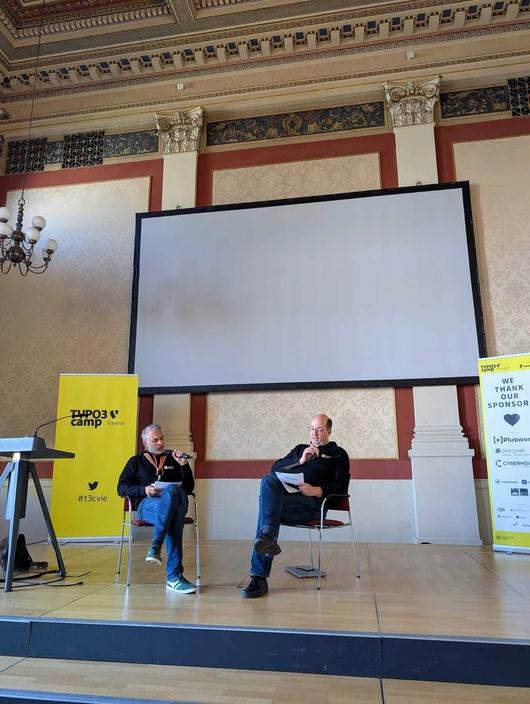
TYPO3 V 15 as the CMS of the future
On Saturday, our CEO Jens Krumm and Matthias Hinner from +Pluswerk's Vienna office hosted a panel talk that boldly looked to the future. In five visions, the two outlined what the TYPO3 CMS of the next generation could look like - with editorial AI agents, dynamic image generators, a self-CMS and the ability to place content directly in the CMS using voice commands. The "coffee-boiling save button" and the VR 3D backend proved that there was no shortage of humor either - charming exaggerations that inspired further thought.
Taking accessibility further
On Sunday, things became more concrete and human. Jens Krumm gave a presentation on digital accessibility. Starting from our experience station at the stand with a tremor simulator, simulation glasses and our "Accessibility Memo" card game, the focus was on real inclusion in the digital space. What does accessibility mean in everyday life? What barriers do we (not) perceive? How can we enable more digital participation? Many participants came back to our stand afterwards to experience the "barrier simulations" for themselves.
Highlights from Vienna
The barcamp principle has once again shown how much potential there is in an open and spontaneous session format. What was written on a post-it in the morning turned into a lively presentation, a discussion round or a mini-workshop with real aha moments a little later.
The topic of artificial intelligence was particularly present. From AI-supported TYPO3 extensions and local AI solutions to sessions such as "AI Driven Skill Development" or the practical use of generative AI in everyday editorial work - the interest was huge. We at +Pluswerk were also able to take away many ideas for our customer projects, for example in the areas of content automation, personalization and intelligent editorial workflows.
Equally exciting: the technical sessions on content blocks, frontend editing and preloading in the frontend. These topics show how TYPO3 is evolving for users and developers alike. The speed dating was a particularly appealing format that ensured a quick but lasting exchange. Where else can you learn so much about other people, their likes and dislikes, their hobbies and their favorite TYPO3 challenges in five minutes?
Another highlight was the live link to the TYPO3 Surfcamp on Fuerteventura - creative coding under palm trees with real relevance for the TYPO3 cosmos. For TYPO3, the surf camp is one of the most popular measures for promoting young talent and for connecting young developers from the TYPO3 universe. Nicoletta Sarzi-Sartori and Alexander Grübling from +Pluswerk's Vienna Earlybird site took part as young developers.
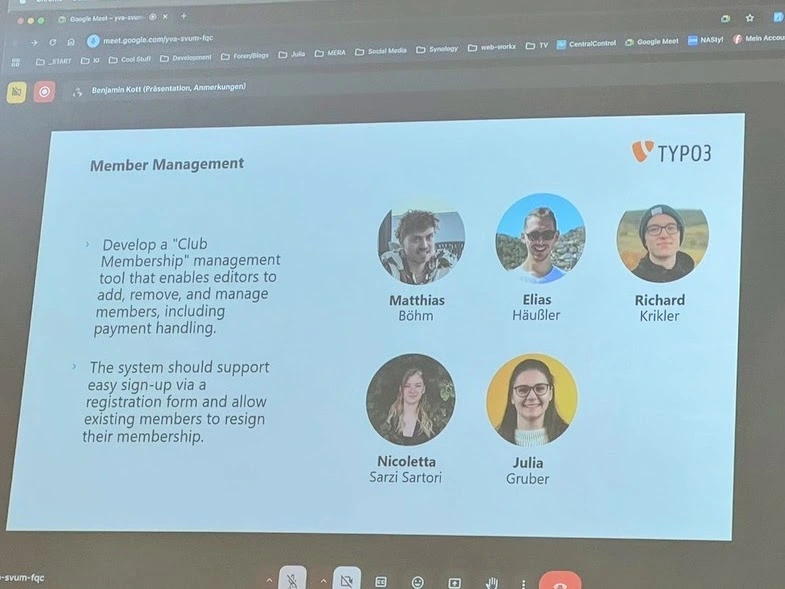
Learnings and Takeaways
The TYPO3Camp Vienna was more than just an event for us, it was a real resonance chamber for ideas, technologies and people. Between sessions, coffee and conversations, it became clear: TYPO3 is not just a CMS. It is an ecosystem. An attitude. And a community that wants to develop further together.
One key insight: accessibility is more than just a technical feature - it is an inner attitude. The many conversations at the stand and after the presentation made it clear how important it is not only to remove barriers technically, but also to recognize them mentally. The reactions to our simulation station were honest, often emotional and encouraging at the same time.
The second major topic was artificial intelligence. The range of sessions showed how rapidly the discourse is developing - from "How does it even work?" to "What brings real added value?". One thing is clear to us: AI will play an increasingly important role in editorial work. Not as a replacement for humans, but as a tool that supports creativity and accelerates processes.
We are returning to our locations - from Vienna to Dortmund - with lots of new ideas. With new contacts, fresh ideas and a heightened awareness of digital inclusion and technological innovation. Many thanks to the organizational team around Attila János, to the many committed participants, to the speakers and to everyone who made this weekend possible.
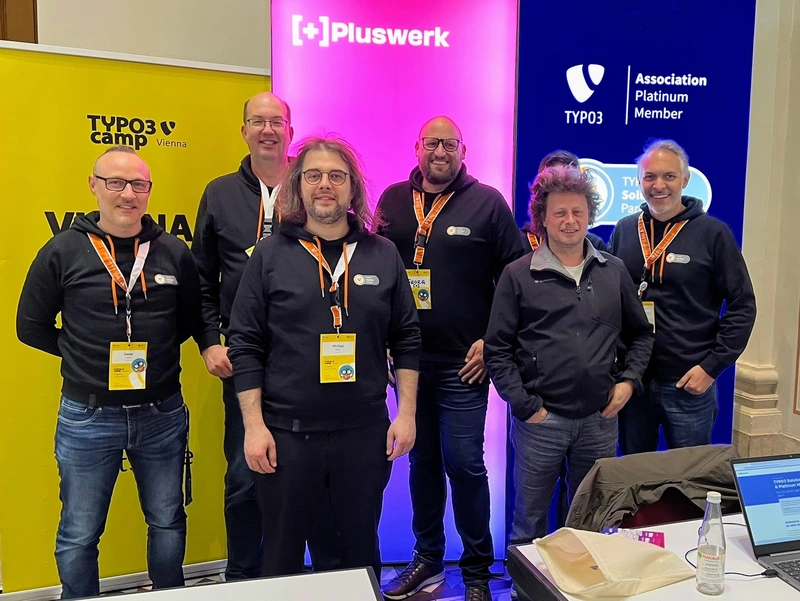



![[Translate to English:] [Translate to English:]](/fileadmin/_processed_/1/c/csm_web-tracking_23270b92f1.jpg)
